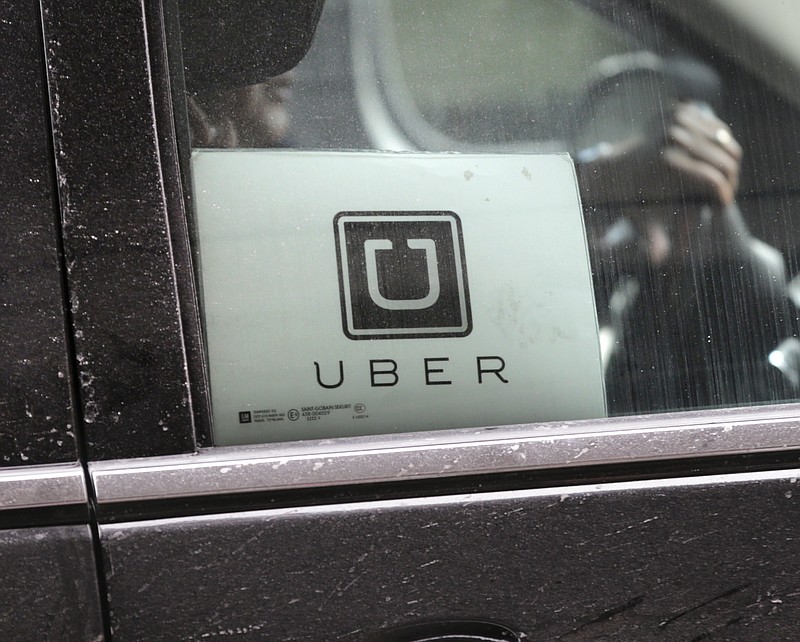When I'm not reading comics I've really gotten into business books of late. No, not the kind that made up the bulk of your undergraduate syllabi. I prefer the mass market ones detailing the journeys of maverick entrepreneurs whose ideas have radically shaken up antiquated industries.
Those folks are commonly referred to as "disrupters."
You name the industry - hotel, taxi, retail, telecom, etc. - and there's a good chance the heels of its legacy entities are being (at minimum) nipped at by a group of disrupters. What these disrupters typically do is identify unmet industry needs and deliver wildly popular fixes to them.
Quite often those fixes seem radical when first introduced, but over time as we've grown used to them they become commonplace. For instance, 10 years ago I would've said you were crazy if you suggested I summon a stranger to my driveway and I get in their car for a ride downtown. Nowadays, however, rarely a week goes by when I don't use Uber.
Our everyday existence is influenced by disruptive companies: Uber, Airbnb, Amazon, Apple, PayPal, and the list goes on. Here in Chattanooga's start-up scene, we have our very own disrupters in the making.
As I read through these accounts of paradigm-altering entrepreneurs, I can't help wondering where democracy's disrupters are hiding. After all, the same fundamental opportunity exists in our current political landscape that has paved the way for consumer disruptions: a dissatisfied customer base.
Put simply, Americans don't like their political options very much. A June 2017 Pew poll hints at this with Republicans enjoying only a 40 percent favorable rating. Democrats fared better than the GOP, but only by 4 points, reflecting an 18-point plunge since the Democrats' 62 percent positive score in 2009. What's more (or less), an April poll showed only 20 percent of Americans "trust the government to do what's right always or most of the time."
So it seems that opportunity is ripe for something new.
Crystal clear alternatives, though, have yet to surface. That's what business disrupters bring to the table. Some examples: unique and thrift-conscious traveling accommodations instead of mass-designed and overpriced hotel rooms (Airbnb); clean and timely transportation instead of often shoddy and unreliable taxis (Uber); instant and secure online payment processing instead of mailing checks (PayPal).
Sure, disrupters in the form of nonconventional candidates have emerged in recent years - think Ross Perot, Gary Johnson, Jill Stein, Ralph Nader, Ron Paul and Bernie Sanders. Yet, each one of them has faced messaging challenges or massive amounts of pushback from legacy entities. Just ask Sanders.
If Sanders was some political version of Uber (an imperfect analogy, yes), then Hillary Clinton and the DNC played the part of the taxi union, pulling every lever possible to wedge the disrupter out of the market. Ron Paul's supporters complained of the same thing in the past. There has always, and will always be, a strong-arming of the new.
But once a people are presented with an idea or product that presents a clear and better alternative to what exists, that idea can spread like fire. Indeed, we just celebrated such an occurrence earlier this week.
It seems a new civic engagement concept comes out every month. "If we can just educate people, they'll vote in greater numbers" is a popular line of reasoning. Perhaps, but Airbnb didn't revolutionize travel lodging by saying, "Oh you don't like predictable, mass-designed hotel units? Well, how about some of these newer predictable, mass-designed hotel units? Let us educate you about them."
No, they offered something totally new.
And I think American voters would appreciate some of that disruption.
Contact David Allen Martin at davidallenmartin423@gmail.com and follow him on Twitter @DMart423.

